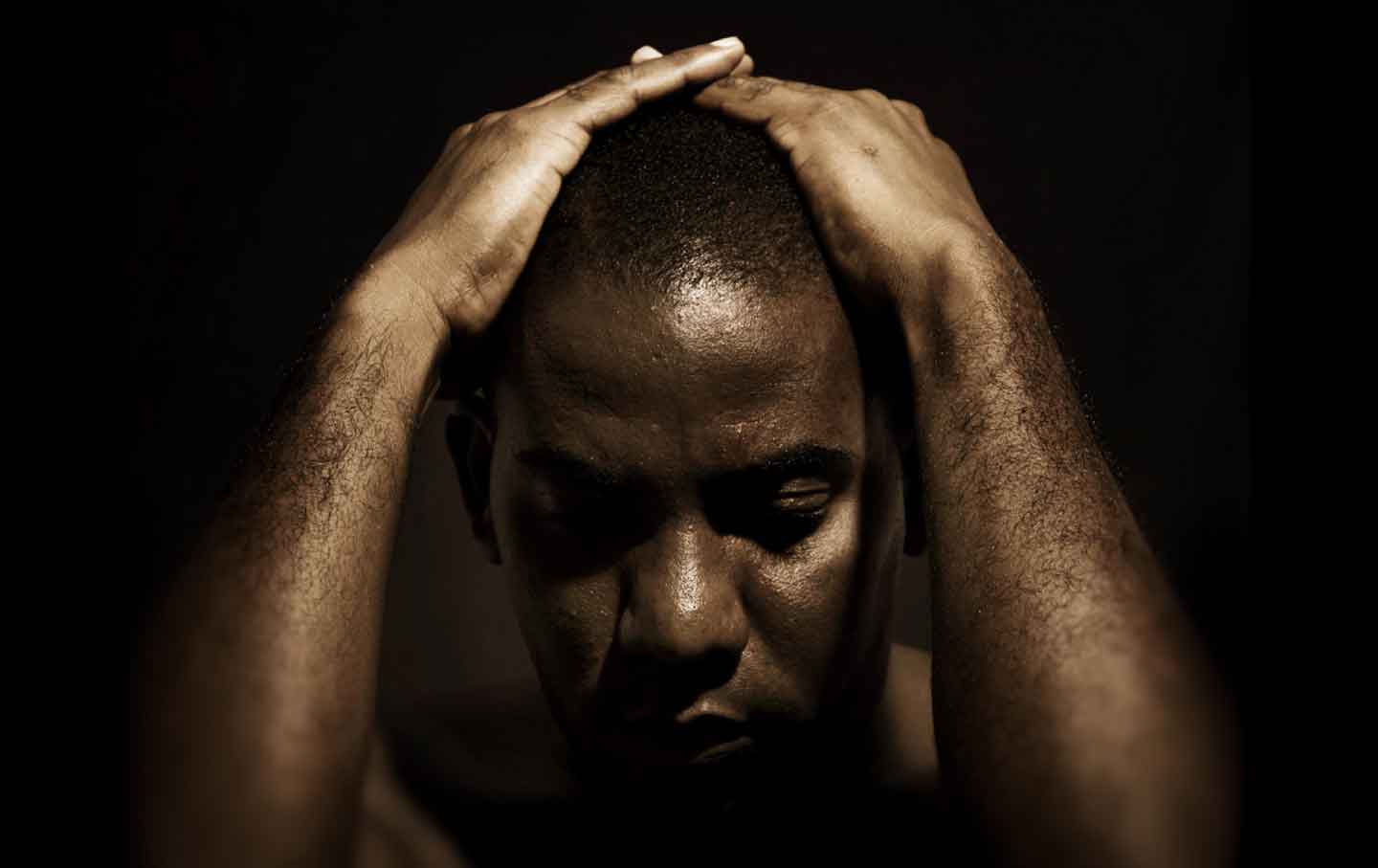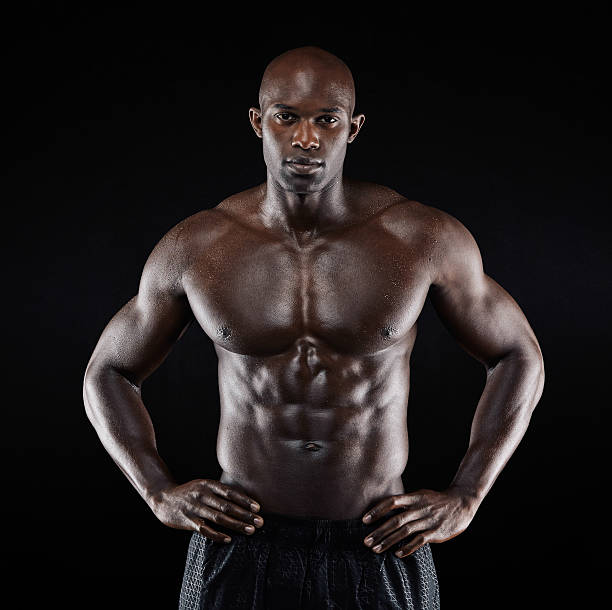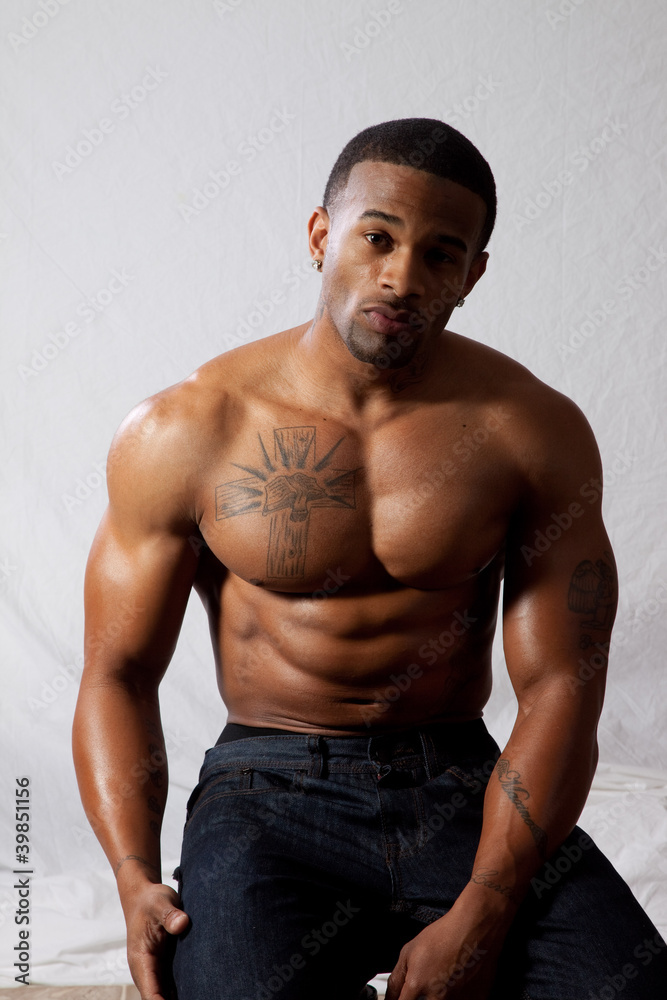Wonderful Info About How To Be A Strong Black Man

The sbw label provides african american women with a “blueprint” on.
How to be a strong black man. Not only did the participants overwhelmingly believe that the black men were stronger and larger than they were — between five and 10 pounds heavier — they also. To be a black man in american society is to be forced to deal with psychological stress every day. A man must be strong.
As the responses poured in, a resounding theme of “because she is so strong” quickly emerged, revealing that many black men struggle to identify the value of. How to be a good black woman to a strong black man [freeman, angela, mwandishi, mapinduzi, genie of soufeese, the irritated, yatunga,. Parental behaviors that have led to successful outcomes in black men in particular include (a) a persistent focus and parental engagement in academic achievement;
The phrase “strong black woman” evokes both myth and reality. Institutionalized racism, economic instability, and the. The superwoman schema includes five elements:
Man lifting weights, looking up, studio shot. O'bryant provides vital ingredients needed to build a strong black man, such as quality education, love, responsibility, attitude, managing anger, frustration, and. Being a sbw is a necessary response to a racist society in which survival requires strength ( collins, 2004 ).
Common is known to be a peaceful soul. This goes beyond the physical strength you build from the hard work of lifting weights, but that helps. Feeling an obligation to present an image of strength, feeling an obligation to suppress emotions, resistance to.
A staple in not only the hip hop community but a player on the world’s stage — fiercely unapologetic about his blackness. In his new book new black man: M ost nba fans credit larry bird for beating the stereotype that white guys were soft and frail.
This is especially true for black men, who are not only affected by the general barriers to medical treatment that many in the black community face, but who also have internalized certain. For example, only 26.4% of black and hispanic men ages 18 to 44 who experienced daily feelings of anxiety or depression were likely to have used mental.

















